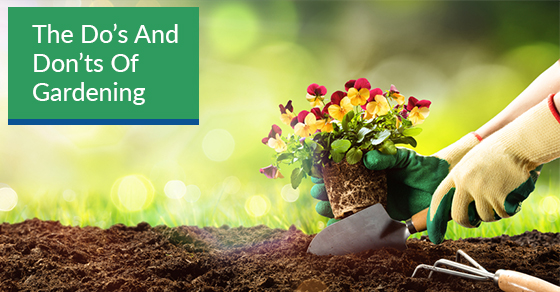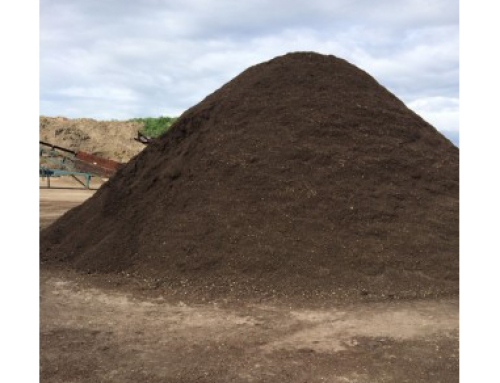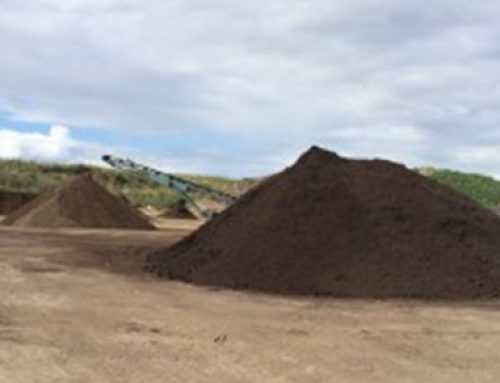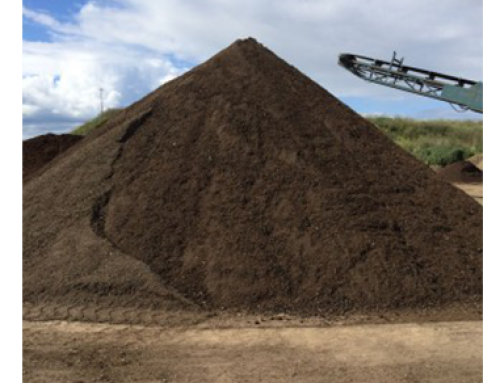One of the most relaxing and popular hobbies is gardening. Digging in the soil, planting something, and watching it grow gives many people a sense of pride and accomplishment. Fledgling and seasoned gardeners alike should keep in mind some do’s and don’ts when it comes to planting and tending their gardens. The tips below will make sure your garden flowers all season long.
The Do’s
- Soil Prep
This step is especially important if it’s your first foray into gardening. The soil needs to be prepared to accept new flowers or shrubs. Decide how large an area you’d like for the garden and then measure, dig up any sod, and fertilize the soil in the areas you chose. If you’re not sure what you’d like to plant, what would look nice with what, or what kind of stone or gravel to use, garden suppliers will steer you in the right direction.
-
Know the pH Balance of the Soil
Knowing the pH levels in the soil will help you plant the correct plants. For instance, bulbs should have a 6-7 pH balance or they will die. Soil testing kits can be purchased at nurseries. If the soil needs adjusting, minerals like sulfur or limestone can be added.
-
Mulch
Mulch will help keep the temperature of plant roots constant and keep moisture around them. When it breaks down, it adds nutrients to the soil. -
Use a Lot of Water
Plants love water when they’re first put into the ground. They should get about an inch a week to keep the soil moist. Completely saturating the soil will ensure water gets to the roots.
Don’ts
- Plant Flowering Bulbs in the Wrong Area
Read the directions for flowering bulbs before planting. Some will need shade, while others prefer sun. Planting them in the wrong area may mean they will not thrive.
- Use Herbicides
Herbicides prevent growth. Yes, they stop weeds, but flowers might suffer as well. At least give the plants a chance to grow.
- Work in Wet Soil
Let the soil dry out. Messing with wet soil won’t help the structure of the garden.
- Work Soil Too Much
Trying to break the soil down into small chunks is not the way to go. Soil comes in all different sizes to help keep nutrients and water feeding the plants. If you have overworked the soil, add things like compost or fertilizer.





